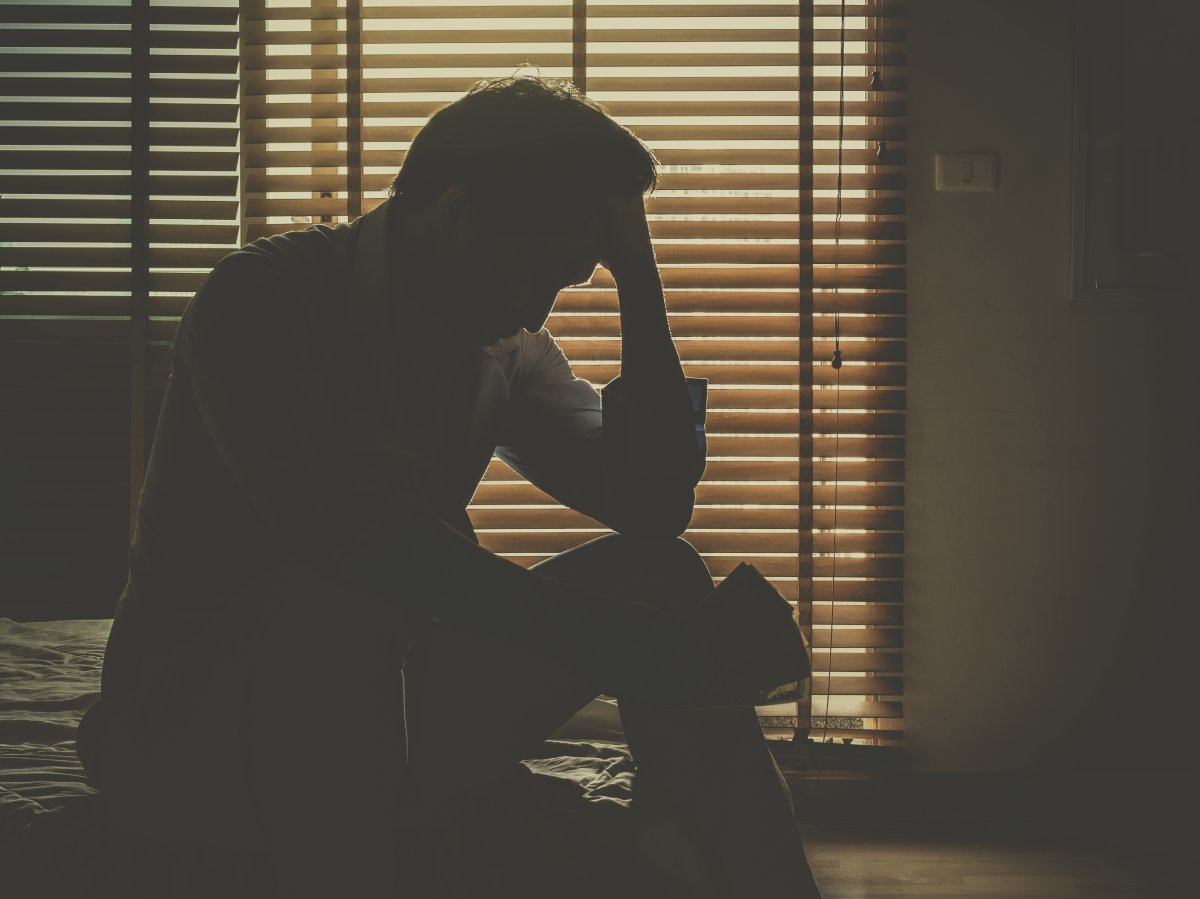The recent high-profile suicides of Anthony Bourdain and Kate Spade have had a number of mental health organizations highlighting services available for those in need.

Here in London, a suicide prevention strategy has spent the past year serving outpatients at the Parkwood Institute on Wellington Road.
It’s called Zero Suicide, and funding from the St. Joseph’s Health Care Foundation helped to introduce it in Canada.
The program takes its name and inspiration from one that was piloted in the U.S. before expanding to Europe.
“They were able to reduce the suicide rate of people who received care,” said Dr. Sandra Northcott, a psychiatrist with St. Joseph’s who helped implement the program at Parkwood. “They originally called it the ‘Perfect Depression’ model.”
The program works by providing patients with what’s called a coping plan, a name that Northcott said was suggested by one of their patients.
“We were going to call it a risk management plan or a crisis management plan, and one of our patients said, ‘We all need to cope. Please don’t say I’m going to have to get to a point where I’ll be in a crisis.'”
These plans provide patients with go-to options for times when they are feeling stressed or under immense pressure. A plan may suggest people that call or other helpful behaviours, along with a list of actions that patients should avoid doing. An altered plan is offered for patients thought to be at an increased risk. This plan may involve increasing the number of contacts to call or the medical staff available to offer support.
Along with the plan, Northcott added that the strength of the program stems from the immense training and education given to the staff involved.
“We actually changed our tools for how we assess suicide. It was not only about asking, ‘Have you ever tried to hurt yourself?’ But it was about addressing suicide attempts where people may have been interrupted or changed their minds.”
The program, which was only announced in 2016, is still in its early stages. Phase two of the program will see care expanded to inpatients at Parkwood Institute with phase three expanding to St. Joseph Hospital’s urgent care unit and beyond.
Northcott did not offer a timeline for Zero Suicide’s expansion, but suggested it would be in the near future.
- Capital gains changes are ‘really fair,’ Freeland says, as doctors cry foul
- Ontario doctors offer solutions to help address shortage of family physicians
- ‘Dangerous message’: Experts slam anti-sunscreen claims circulating online
- ‘Trying not to die’: Tourism operators loaded with debt despite rising demand

“It felt like much more inclusive care,” said Northcott, adding that a question on patient feedback won’t be answered until a few months as Zero Suicide is currently in the process of measuring its impact.
According to St. Joseph’s, about 11 people end their life by suicide every day in Canada.
Over the weekend, Elgin County OPP said they responded to five suicide calls within a little more than 24 hours.
Individuals experiencing mental health concerns can contact Reach Out, a 24-hour-a-day, 7-day-a-week phone service, at 519-433-2023, or toll free at 1-866-933-2023.
The Canadian Mental Health Association also has a number of walk-in crisis centres in Ontario. The centre in London is located on 648 Huron Street and is open 24/7.








Comments